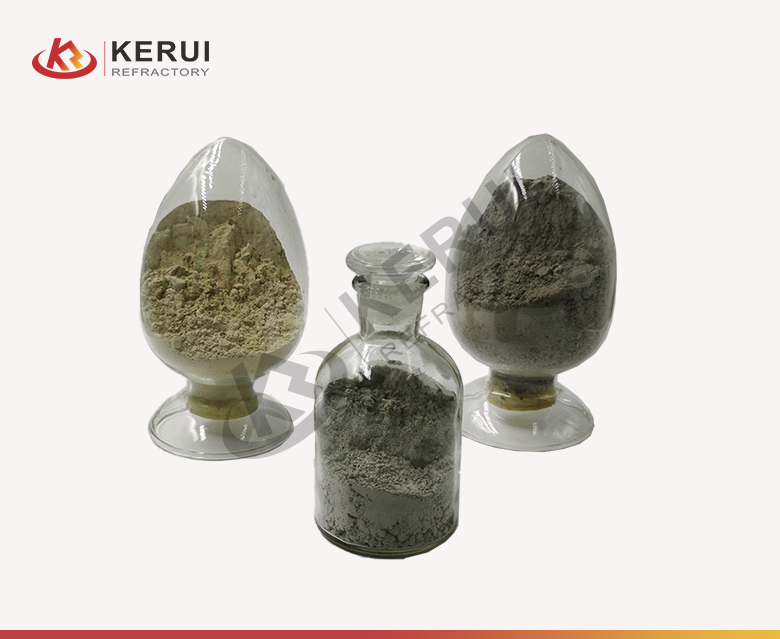When it comes to constructing or repairing fireplaces, ovens, or other high-temperature applications, choosing the right mortar for firebrick is crucial. The mortar acts as a binding agent, ensuring the stability and longevity of the firebrick structure. In this article, we will guide you through the process of buying the best mortar for firebrick, considering factors such as composition, heat resistance, application method, and more.

Understanding Mortar for Firebrick
Mortar for firebrick, also known as refractory mortar or fireplace mortar, is a specialized type of mortar designed to withstand high temperatures. It is formulated to provide a strong bond between firebricks, ensuring structural integrity in high-heat environments.
Factors to Consider When Buying Mortar for Firebrick
When selecting the best mortar for firebrick, there are several important factors to consider:
Composition
The composition of the best mortar for firebrick plays a vital role in its heat resistance and bonding capabilities. Look for mortars that are specifically formulated for high-temperature applications, as they will typically contain refractory materials such as fire clay, high-alumina cement, or calcium aluminate cement. These materials can withstand the extreme temperatures commonly found in fireplaces or ovens.

Heat Resistance
Ensure that the mortar you choose has a high heat resistance rating. It should be able to withstand the temperatures generated by the firebrick structure without cracking, crumbling, or deteriorating. Look for mortars with a temperature rating that exceeds the maximum temperature your application will reach.
Application Method
Consider the method of application that will be most convenient for your project. Mortars for firebrick are commonly available in two forms: pre-mixed and dry powder. Pre-mixed mortars are ready to use and require minimal preparation, making them suitable for small-scale projects or beginners. Dry powder mortars, on the other hand, need to be mixed with water before application, offering more flexibility in terms of consistency and quantity. We also produce fire resistant bricks for sale.
Setting Time
The setting time refers to the time it takes for the mortar to harden and achieve its full strength. Consider the setting time of the mortar, as this will impact the speed at which you can complete your project. Some mortars have a quick setting time, allowing for faster construction or repairs, while others may require more time for curing.

Application Technique
Different applications may require specific application techniques. Some mortars are suitable for both vertical and horizontal applications, while others may be more suitable for one or the other. Additionally, consider whether the mortar is suitable for joint thicknesses and widths that align with your project requirements. You can also click on this link to learn about other refractory products: https://keruico.com/jm23-insulation-brick/
Availability and Reputation
Choose a reputable supplier or manufacturer when purchasing mortar for firebrick. Check customer reviews, ratings, and testimonials to ensure that you are buying a reliable product. Reputable suppliers will offer technical support and guidance, helping you make the right choice for your specific project needs.

Conclusion
Selecting the thermal refractory of the best mortar for firebrick is essential for ensuring the structural integrity and longevity of your high-temperature applications. Consider factors such as composition, heat resistance, application method, setting time, application technique, and the reputation of the supplier. By taking these factors into account, you can confidently choose the right mortar that will provide a strong and durable bond for your firebrick structure. Remember to follow the manufacturer's instructions and guidelines for proper application and curing to achieve the best results.
